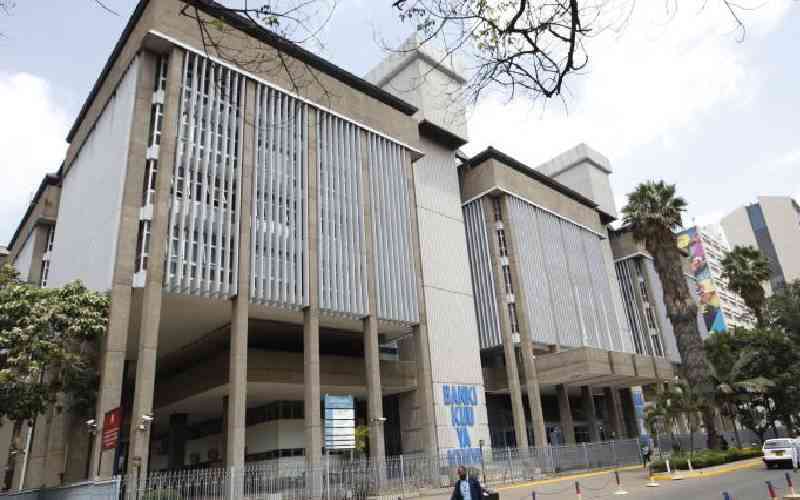×
The Standard e-Paper
Stay Informed, Even Offline

Central Bank of Kenya (CBK) did not violate any law by ordering banks to connect directly to an international network for money exchange services, the High Court has found.
While dismissing a case filed by Kenya Commerce Exchange Services Bureau (Kenex), an intermediary that provided Swift services for close to two decades, Justice Hedwig Ongu'ndi found that CBK was just doing its work as a regulator and did not force any bank to abandon the firm.